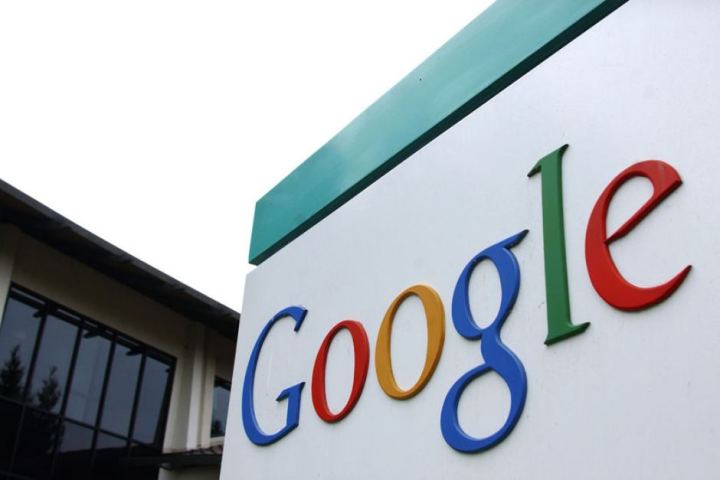
Although it looks on the face of it like a decision dramatic enough to cause founders Larry Page and Sergey Brin to choke on their Thanksgiving pumpkin pie, the vote is non-binding meaning Google will, for the time being at least, remain intact.
The idea of splitting Google into smaller companies in Europe hit the headlines last week when the EU’s draft motion first came to light. The action was proposed in part as a way to tackle complaints from rivals that the Mountain View firm favors its own services in its search results. The motion called for the “unbundling [of] search engines from other commercial services” to reduce the extent of Google’s dominance.
The Financial Times, which first revealed the EU’s plan to vote on the matter, described the singling out of a U.S. company for censure as “extremely rare,” adding that Google executives were said to be “furious at the political nature” of the motion. The FT suggested German politicians in particular had “turned against Google” in recent months, with the EU’s digital commissioner Günther Oettinger apparently keen to make the company pay a fee for showing copyrighted content while also questioning the neutrality of its search results, among other things.
Although the European parliament has no power to break up companies, Thursday’s vote will nevertheless ratchet up the pressure on the European Commission, which takes care of preparing and implementing EU legislation.
Attention will also turn to Margrethe Vestager, the new EU competition commissioner responsible for making a decision on whether to bring formal anti-competitive charges against Google once the commission’s investigation, which started four years ago, concludes.


